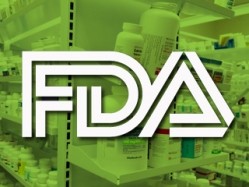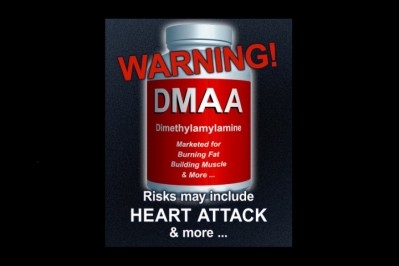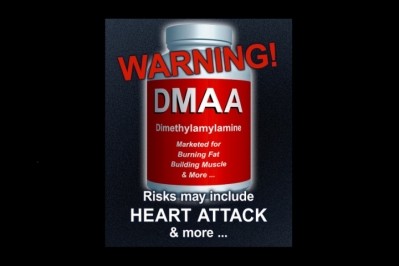FDA issues new DMAA warning letter

DMAA (1,3-Dimethylamylamine, also known as methyl hexaneamine (MHA), and several other names) has rarely been out of the headlines in recent months since FDA issued warning letters to 10 manufacturers and distributors of supplements containing DMAA.
There has been intense debate about whether DMAA, which was first manufactured synthetically by drug giant Eli Lily in the 1940s, is in fact a constituent of geranium.
The new warning letter is identical to the ones sent by FDA earlier this year. Justin Prochnow, shareholder at Greenberg Traurig, LLP, told NutraIngredients-USA: “I have looked at both [the new letter and the other DMAA letters] and it is virtually word for word identical with just a switch out of the company and the product.”
No history of use?
According to the letter: “To the best of FDA’s knowledge, there is no information demonstrating that dimethylamylamine was lawfully marketed as a dietary ingredient in the United States before October 15, 1994, nor is there information demonstrating that this ingredient has been present in the food supply as an article used for food in a form in which the food has not been chemically altered.
“In the absence of such information, dimethylamylamine is subject to the notification requirement in 21 U.S.C. 350b(a)(2) and 21 CFR 190.6. Because the required notification has not been submitted, your product is adulterated under 21 U.S.C. 342(f)(1)(B) and 350b(a).”
The letter continues: “It has come to our attention that dimethylamylamine used in products in the dietary supplement marketplace may be produced synthetically […] Synthetically produced dimethylamylamine is not a vitamin, mineral, amino acid, herb or other botanical.”
Controversy
Only two analyses have reported it to be a natural consistuent of geranium: The controversial ‘Ping Paper’ by Chinese researchers published in the Journal of Guizhou Institute of Technology (1996, Vol. 25, pp. 82-85), and the recently published paper by scientists at Intertek AAC Labs and funded by USPLabs (Analytical Chemistry Insights, doi: 10.4137/ACI.S9969).
On the flip side, there are more studies that have failed to find DMAA in geranium plant material, including an analysis published in the Journal of Analytical Toxicology in June described as ‘comprehensive’ and ‘robust’ by respected members of the industry.
Scientists from ElSohly Laboratories, Inc. (ELI), Phyto Chemical Services, Inc. (PSI), the National Center for Natural Products Research, The University of Mississippi, and the US Anti- Doping Agency (USADA) reported that gas chromatography–mass spectrometry (GC-MS) and liquid chromatography–tandem mass spectrometry (LC–MS-MS) analysis of geranium oils or young and mature, fresh and dried leaves and stems found no detectable levels of DMAA.
The scientists further confirmed the results using liquid chromatography–high-resolution mass spectrometry (high resolution LC–QTOF-MS).
This was followed by an analysis published in Drug Testing and Analysis by Dr Dan Armstrong et al at the University of Texas, Arlington, which had similar conclusions.
As reported by NutraIngredients-USA last week, Researchers from the University of Milan also reported in Drug Testing and Analysis DMAA is not found in extracts from four different species of geranium and three cultivars, and the ingredient in a leading dietary supplement is probably synthetic.
Response
Regeneca has 15 days from the receipt of the warning letter to respond to FDA with an description of the specific steps it has taken or will take to correct the alleged violations.









